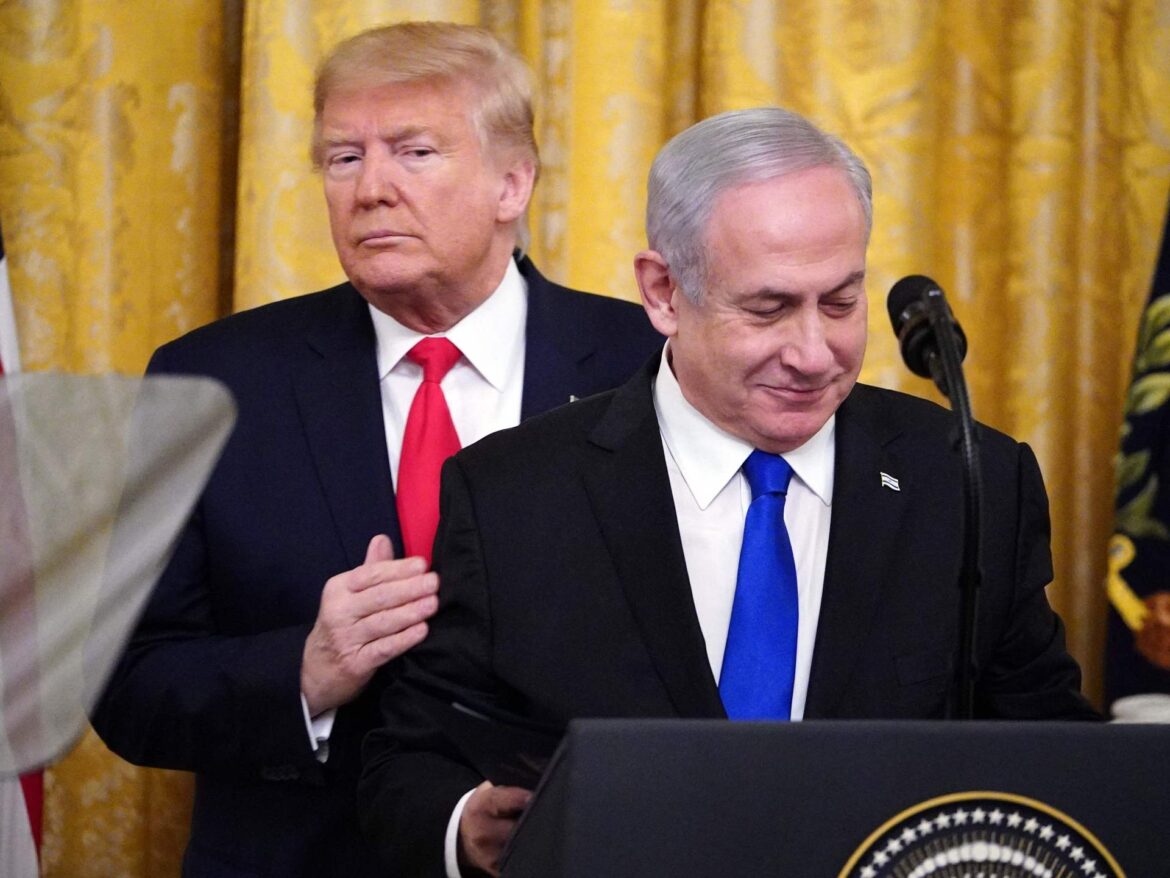Russian writer Sergei Lebedev believes that the decline of American influence in the Middle East is due to the contradictions of its policies, which claim to be liberal while being unconditionally biased towards Israel, the “failure of its projects” to support the Arab Spring and democracy, and its declared tendency to reduce its presence in the region, which led to doubting its credibility as an ally. trusted.
Lebedev, a lecturer at the Financial University of the Government of the Russian Federation, said in an opinion article published by the newspaper “Vzglyad” that attention has turned in 2024 towards the Middle East and the decline of American influence in particular, given the accelerating events shaking the region.
American contradictions
The writer considered that the United States, which claims that its policy in the Middle East is based on its liberal principles, is acting on the ground in a way that completely contradicts this ideology, including its unconditional support for Israel regardless of its repeated violations of international law.
The writer stated that during the Arab Spring, the administration of former US President Barack Obama supported protests throughout the region and abandoned its allies, such as Egyptian President Hosni Mubarak and Tunisian President Zine El Abidine Ben Ali.
He added that this trend raised concerns among other regimes in the Middle East, while many politicians in the region considered that the Arab Spring was an artificial event behind which external parties were behind it.
Withdrawal from the region
Coinciding with the failure of the American project – as many see -, the rulers of Middle Eastern countries, with the exception of Israel, began to wonder about the feasibility of relying on the United States in times of crises, and whether it was prepared to abandon them according to its interests, the writer continues.
According to his opinion, Washington’s desire to reduce its presence in the region – something it announced more than a decade ago – is also one of the factors that prompted governments to doubt the United States as a reliable ally.
The writer emphasized that the idea of withdrawing from the Middle East emerged during Obama’s presidency, who believed that the United States should reduce its military presence to a minimum and manage events in the Middle East without direct intervention, which is known as “leadership from behind.”
He continued that the Biden administration has officially adopted the same policy, which is confirmed by official documents, such as the National Security Strategy that was adopted in 2022, but he considered it unlikely that the United States would consider withdrawing completely from the region.
He explained that regardless of how realistic the idea of withdrawal is, the repeated American statements in this direction raise the concern of the United States’ traditional allies in the region, which has begun trying to diversify its geopolitical partnerships, as he put it.
Arab NATO
The writer added that these discussions continued during the first presidency of President-elect Donald Trump, when the US administration tried to strengthen relations with the countries of the region, promoted the Abraham Accords, and put forward the initiative to establish the Middle East Strategic Alliance, known as the “Arab NATO.”
But that initiative remained a dead letter and was unlikely to be implemented on the ground, according to the article. The project included the formation of Middle Eastern forces to protect American interests in the region, mainly against Iranian ambitions.
This was before Trump’s repeated announcement of the possibility of withdrawing the Patriot and THAAD air defense systems exacerbated the state of tension in the region.
Unconditional support for Israel
The writer also considered that America’s unconditional support for Israel over the decades threatens American influence in the Middle East, and the national security strategy currently adopted by the United States is based on strengthening diplomatic relations between Israel and the countries of the region while maintaining its firm commitment to ensuring Israel’s security.
In their book, “The Israeli Lobby and American Foreign Policy,” writers John Mearsheimer, professor of political science at the University of Chicago, and Stephen Walt, professor of international relations at Harvard University, shed light on the reason for Washington’s unconditional support for Tel Aviv.
According to the writers, Israel has made great efforts to create an Israeli lobby in Washington that has a strong influence on American politics, to the point that any American politician has come to realize that publicly opposing Israel means the end of his political career.
The writer stated that, according to the most conservative estimates, the aid allocated by the United States to Israel in the period between October 2023 and September 2024 amounted to more than $22 billion, despite the anger of American public opinion at the crimes committed by Israel in Gaza.
The article considered that Israel poses a threat to the interests of the United States in the region, especially since Israeli Prime Minister Benjamin Netanyahu is obstructing all peaceful initiatives, betting on continued American support to continue the process of “ethnic cleansing” in the Gaza Strip.
The writer concluded that all of these factors negatively affect the influence of the United States in the Middle East, which constitutes an opportunity for other players – led by Russia and China – to extend their influence in the region, especially since they adopt a completely different approach from the United States.



